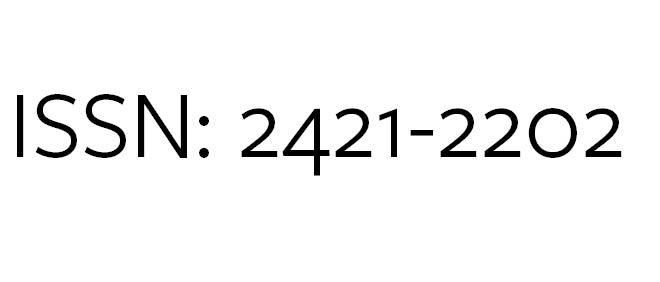Positive and Negative Affect in Studies Scale (PANASS): Psychometric Properties in University Students
Annamaria Di Fabio, Andrea Svicher
The Positive and Negative Affect Schedule (PANAS) is a widely recognized self-report instrument for assessing positive and negative affect. This research examined the psychometric properties of PANAS adapted to the study context, namely the Positive and Negative Affect in Studies Scale (PANASS), with a specific focus on university students. Three hundred and twenty-nine university students (n = 329) from Italy completed the PANASS, the Study Satisfaction Scale (SSS), and the Work and Meaning Inventory for University Students (WAMI-U). Confirmatory factor analysis (CFA) supported a two-factor model with Positive Affect in Studies (PAS) and Negative Affect in Studies (NAS) with acceptable fit indices (CFI = .92; TLI = .91; RMSEA = .07; SRMR = .06). Reliability was good for both dimensions (PAS: α = .89; NAS: α = .88). Concurrent validity was confirmed by positive correlations between PAS and SSS (r = .38, p < .01) as well as PAS and WAMI-U (r = .35, p < .01). Moreover, the factor NAS was negatively correlated with SSS (r = -.36, p < .01), as well as negatively correlated with WAMI-U (r = -.33, p < .01). The results suggest that PANASS is a valid and reliable instrument for assessing positive and negative affect in studies among Italian university students.
Keywords
PANAS, Positive and Negative Affect in Studies Scale, PANASS, Positive affect in studies, Negative affect in studies, University students.



